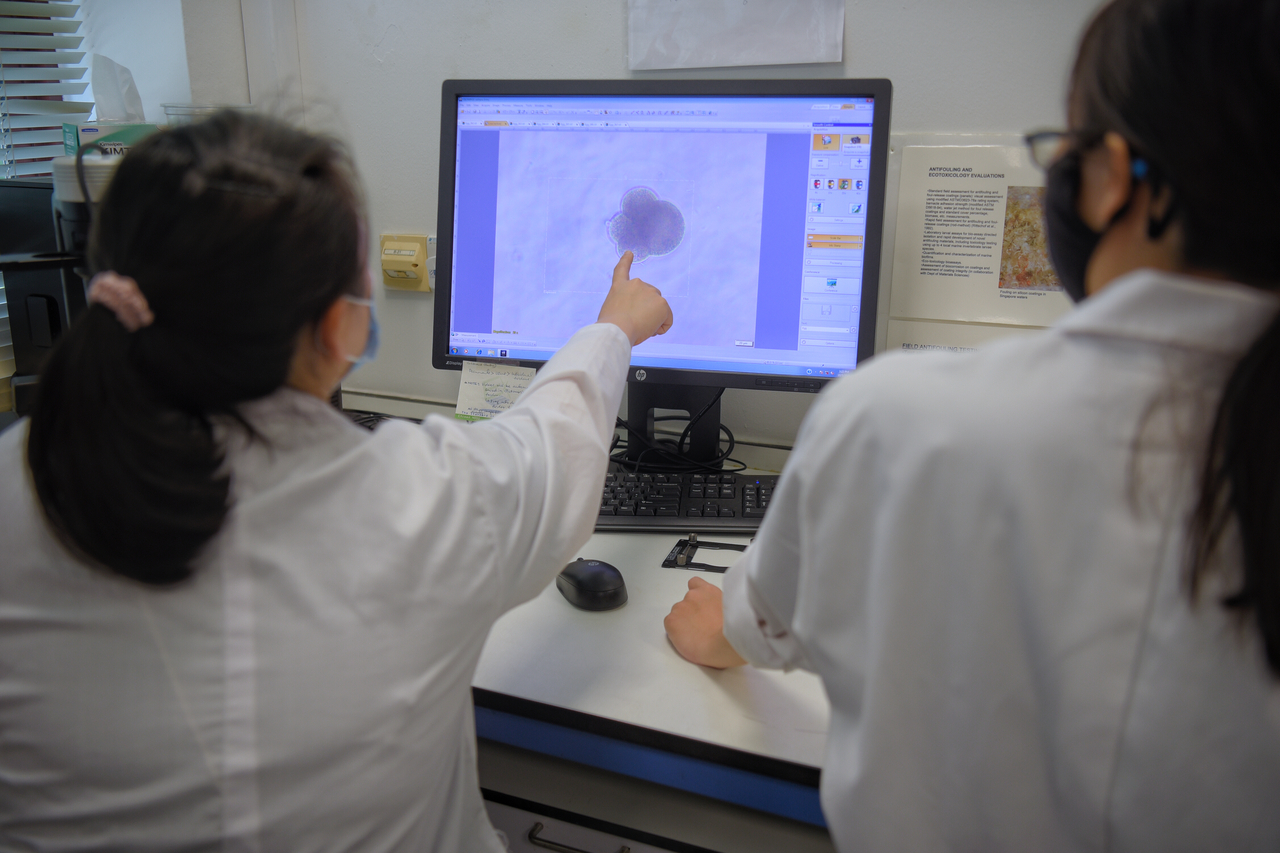Singaporeans' trust in science remains high, but misinformation could affect this: Study
Sign up now: Get ST's newsletters delivered to your inbox

The 3M State of Science Index 2022 found that about nine in 10 Singaporeans trust science and scientists today.
PHOTO: ST FILE
SINGAPORE - Singaporeans' trust in science and scientists remains high, but the belief that there is widespread misinformation in traditional news and social media could threaten this credibility, found an annual survey on global perceptions of science.
The 3M State of Science Index 2022, which was conducted last year with about 1,000 adults aged 18 and above in 17 countries, found that about nine in 10 Singaporeans trust science and scientists today.
Globally, nine in 10 people also trust science and scientists today.
However, where Singaporeans get their information could erode their trust in science, said a virtual panel discussion on the study's key findings on Monday (June 13).
While the survey found that 90 per cent of Singaporeans believed there was widespread misinformation on social media, more than half, or 51 per cent, continue to trust scientific facts on social media.
In contrast, while 68 per cent of Singaporeans think there is widespread misinformation in traditional online, print and TV news media, 86 per cent trust the scientific information published in traditional media.
The survey authors said that misinformation that is widely spread in social media could eventually erode scientific credibility and trust in science.
The research was conducted by market research firm Ipsos through online and offline surveys.
3M Southeast Asia R&D Operations leader Chan Yen Sze said that this disconnect between distrust of social media and yet belief in what it says about science may be attributed to different media literacy rates within the diverse group of respondents.
People who grew up with social media are more sensitive to misinformation posted online, while those who did not may be more likely to fall for misinformation, she added.
Science Centre Board chief executive Lim Tit Meng argued that Singaporeans may get scientific information from social media even though they are aware of rampant misinformation on it because they are able to separate fact from fiction.
School of Science and Technology teacher Irfan Darian echoed this sentiment.
"People still refer to social media for scientific information, but at the same time, there's this sense of distrust about information in social media," he said.
However, the survey underscores the need to teach students to be critical consumers of content, he added, noting: "This boils down to educating the public, my students included, to ensure they know how to discern between information and misinformation."
The study also found that 84 per cent of Singaporeans want to hear more from scientists about their work.
Dr Li Jingmei, a group leader at the Agency for Science, Technology and Research’s Genome Institute of Singapore, thinks social media could bridge this gap and stressed the importance of communicating scientific findings in digestible ways.
She said scientists tend to present their results with language that is "devoid of emotions" so they are not misread.
"It's so objective that it becomes a bit boring," she said.
But there are social media and science influencers who are capable of "bringing things to life" because they explain science with fun experiments.
"I get hooked looking at the material," she said. "It's one of my own dreams to be a science stand-up comedian one day, just to introduce science to others."


